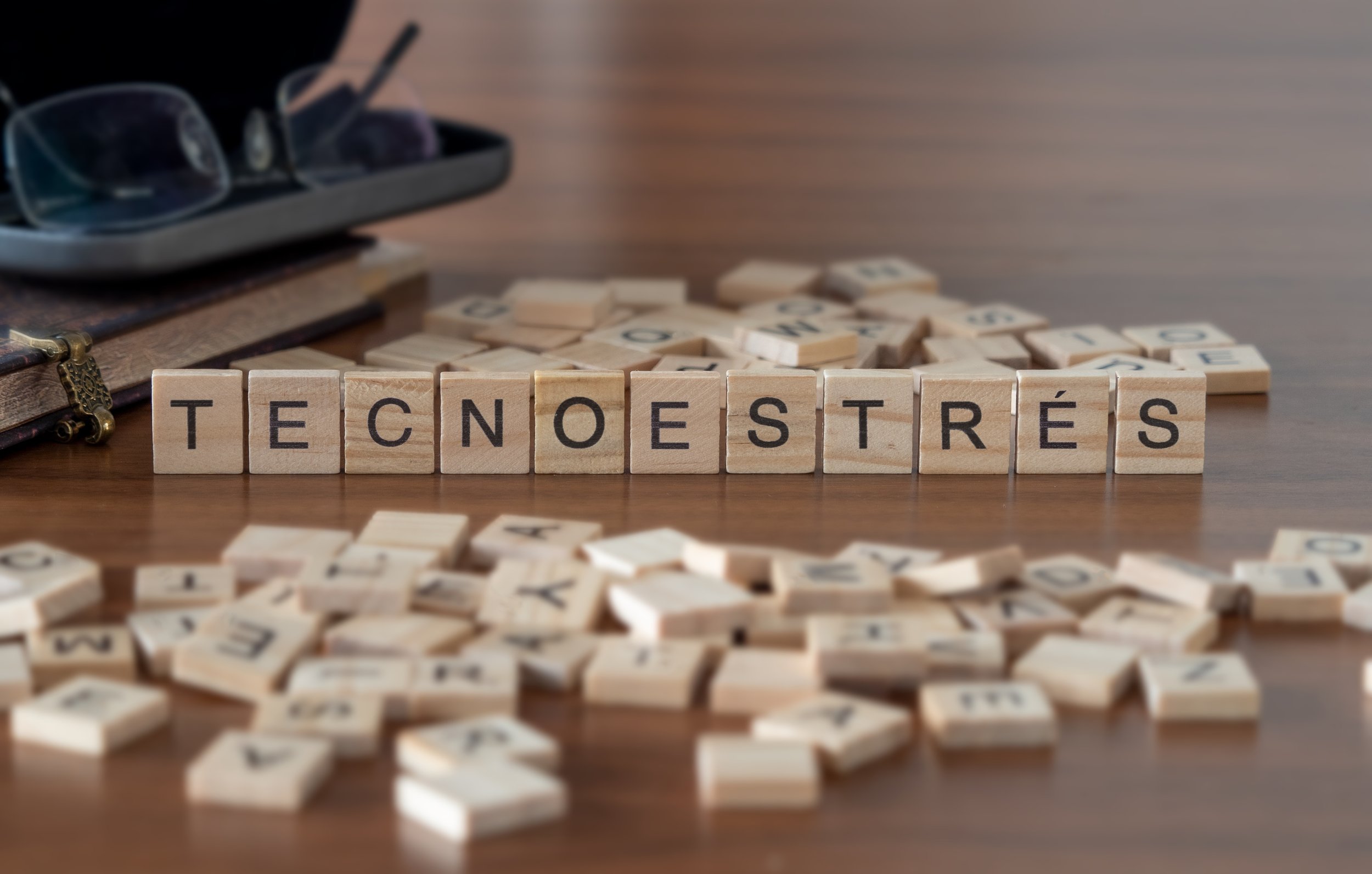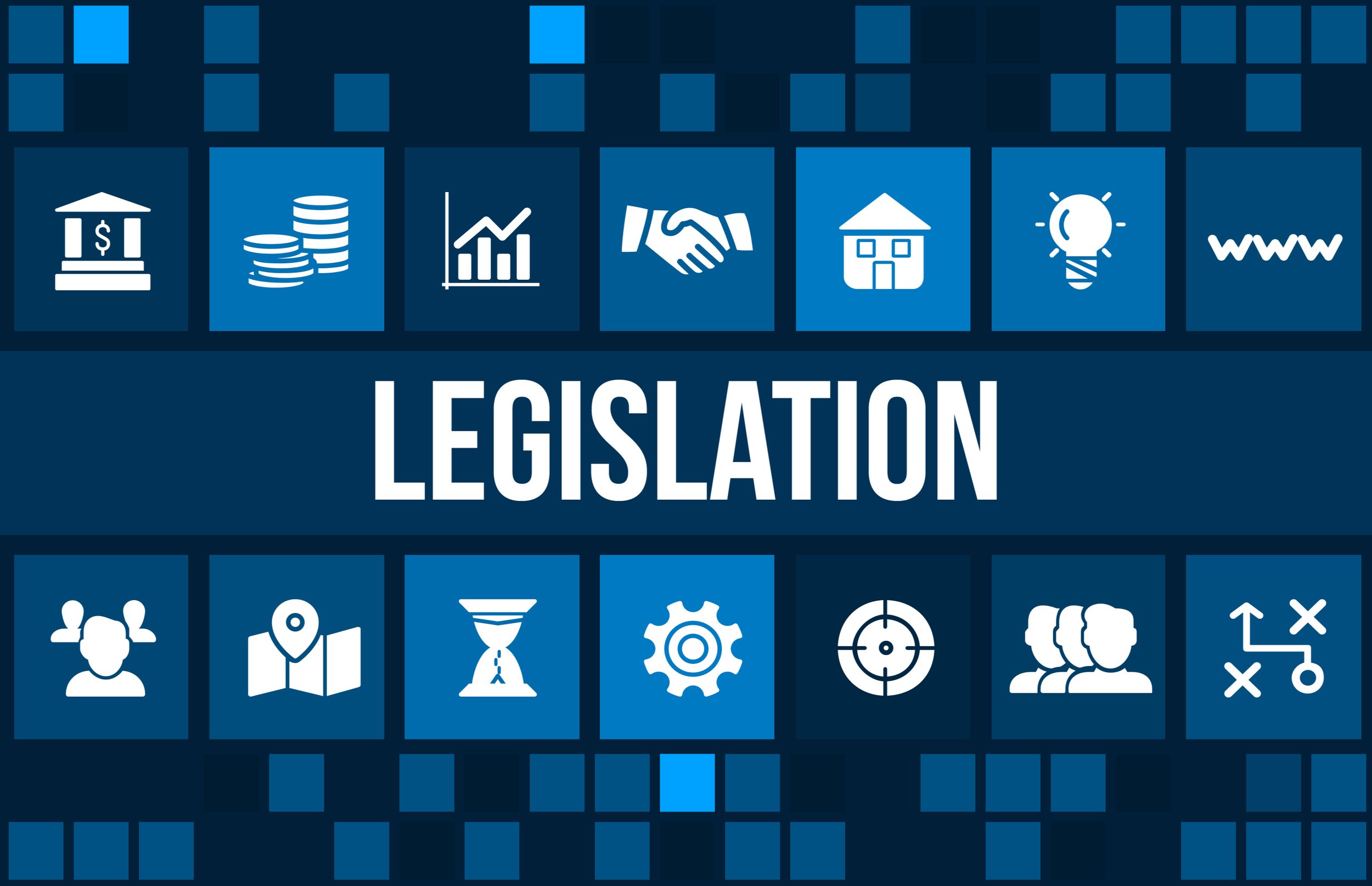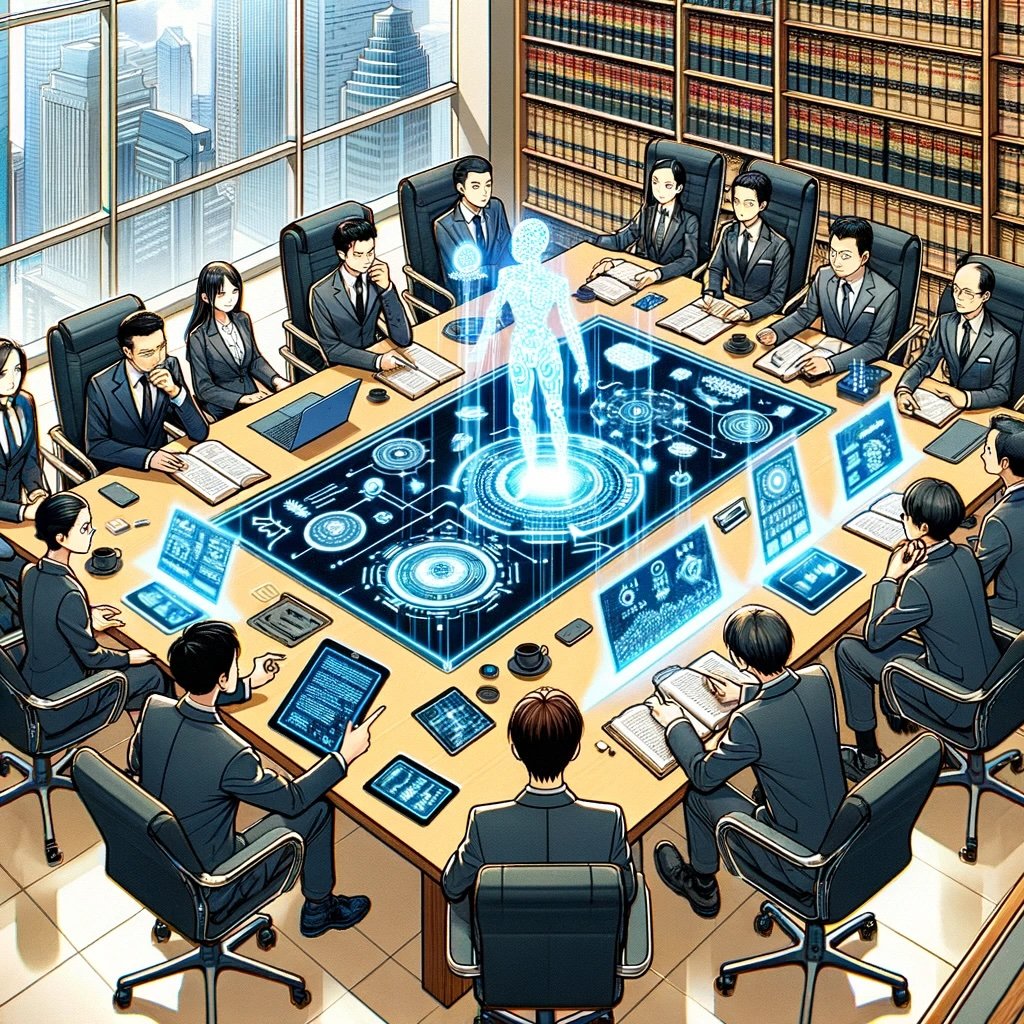MTC/BOLO: Privacy Alert for Legal Pros: Navigating Discord's Data Vulnerabilities and Maintaining Client Confidentiality on the Internet
/Lawyers can learn a valuable lesson from a recent privacy breach alert for Discord users. Discord, originally designed for gamers to communicate while gaming, is a versatile chat app like Slack or Skype, offering real-time messaging, voice, and video to its over 100 million users. Discord users faced a privacy issue where their data on public servers has been scraped and sold. An online service named Spy Pet has been collecting data from thousands of Discord servers and selling it cheaply for various purposes, including to law enforcement and AI companies. This has raised concerns because the data includes user activities and messages, even though private direct messages remain secure.
Lawyers need to be careful about what services they use when communicating client information on the internet.
Here are some General Tips for Lawyers on Protecting Privacy when using Discord and Similar Platforms:
Be cautious about what you share on public servers since anything posted can potentially be scraped.
Monitor and manage server bots carefully to avoid unwanted data scraping. Remove or ban suspicious accounts.
Adjust server privacy settings to restrict who can join and view content.
Lawyers should be especially cautious when using platforms like Discord for any sensitive communications. Given the lack of end-to-end encryption for public server messages and the potential for data scraping:
Lawyers are a guardian of their client’s information when using it online!
Avoid sharing any confidential information that could compromise client privacy.
Utilize platforms that are specifically designed for secure, encrypted communications to ensure confidentiality and compliance with legal standards.
Always assume that any data shared on non-encrypted platforms could be accessed by unintended parties. Most of the popular Law Practice Management Programs and paid communication platforms should be secure. But it's always best to check a company's Terms of Service and online reputation before entering client confidential or private information.
MTC
Happy Lawyering!
























